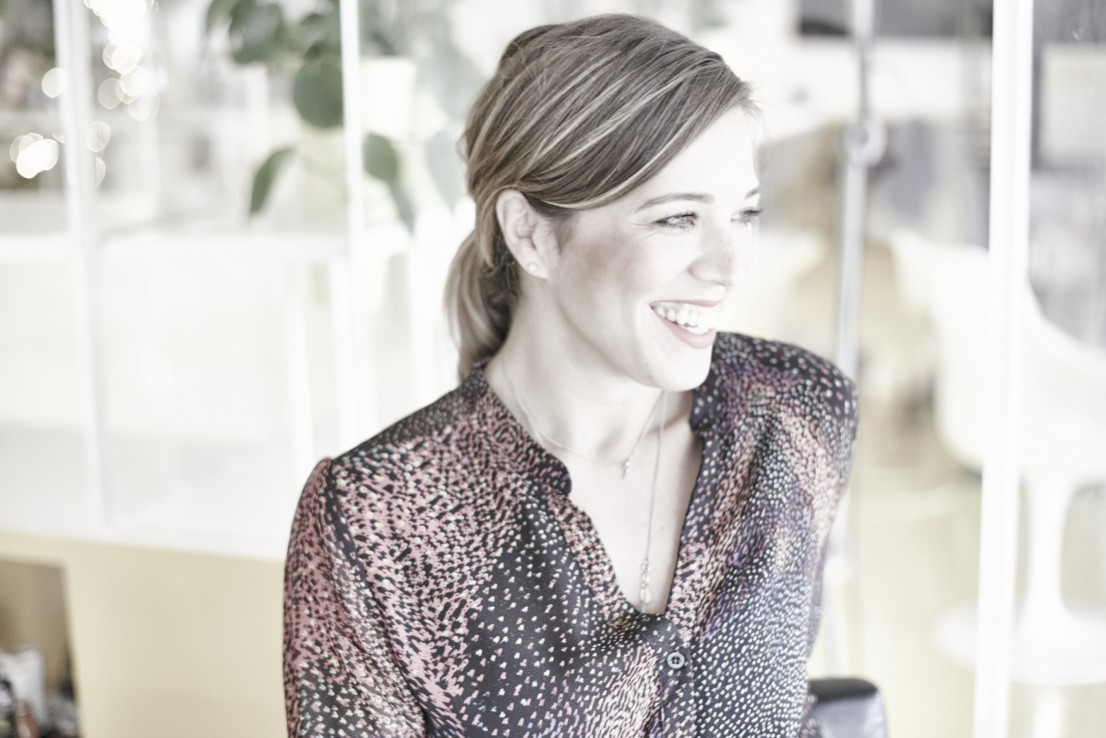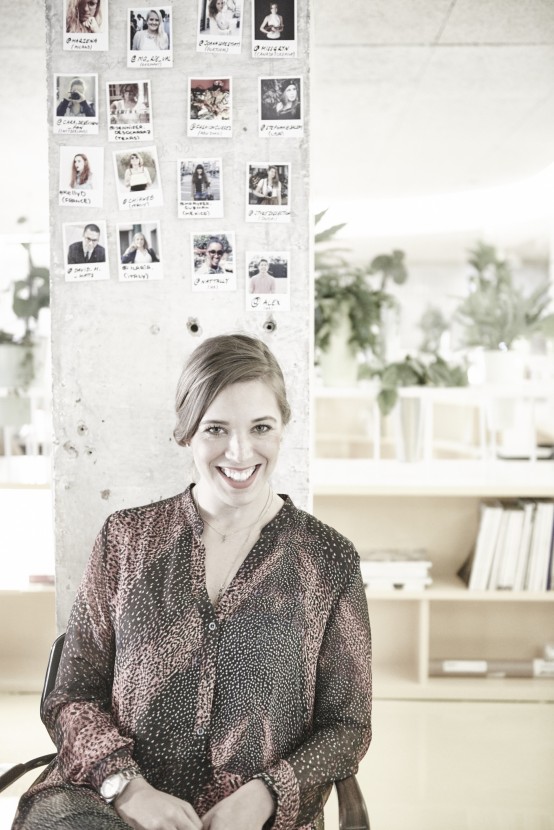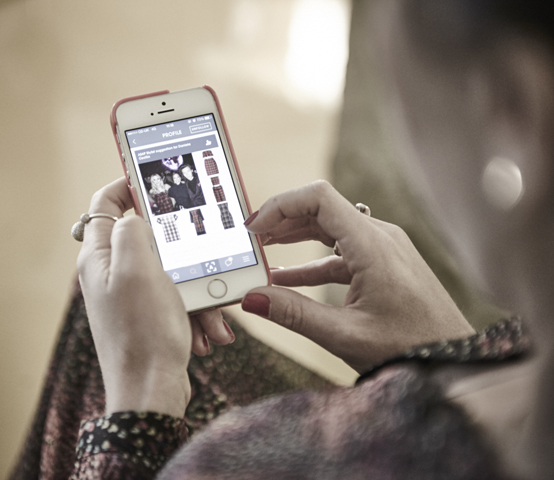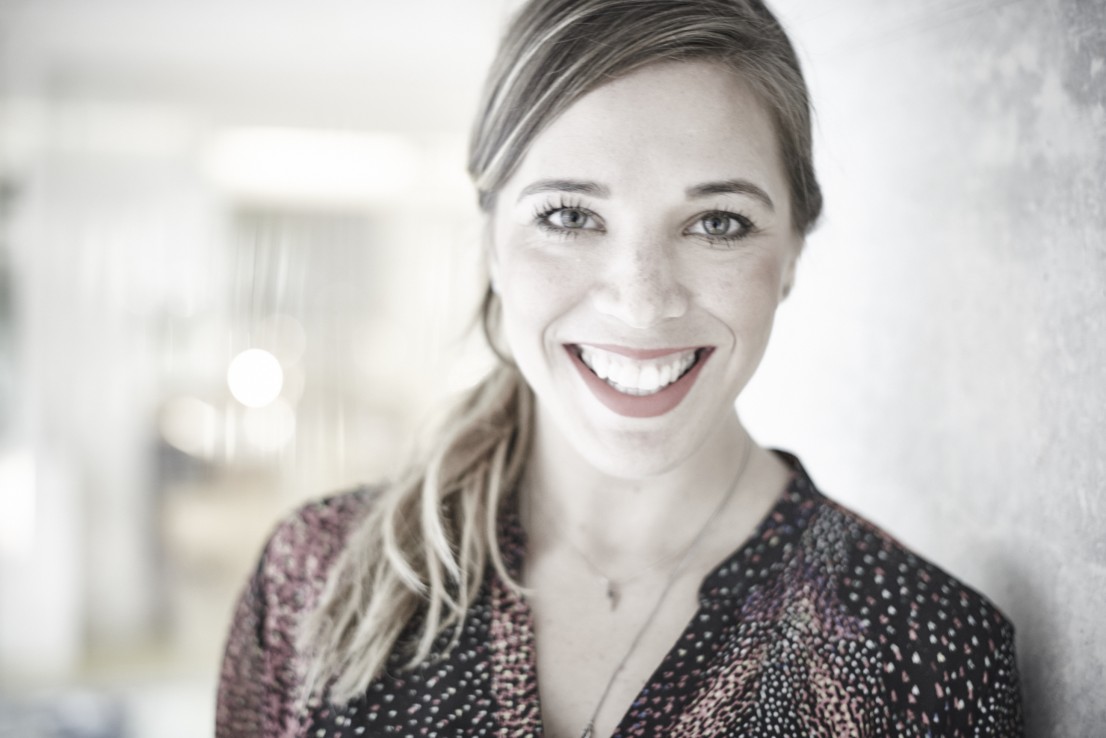 As you’ve hopefully seen from reading the profiles of women on this site, there are a lot of different jobs in the fashion and wider creative industry and lots of different paths to getting them. Daniela Cecilio is a case in point.
As you’ve hopefully seen from reading the profiles of women on this site, there are a lot of different jobs in the fashion and wider creative industry and lots of different paths to getting them. Daniela Cecilio is a case in point.
The 34 year-old Brazilian beauty is perhaps best known for being the former COO and one of the founding members of the uber successful fashion portal, Farfetch (her husband also happens to be the site’s founder and CEO José Neves). But she didn’t make her start off in fashion. Cecilio had a long career in the world of construction before taking the leap into fashion, first with her own fashion line, and later Farfetch.
[show_shopthepost_widget id=”527886″]
As of a year ago, the Saul Paulo native has been at the helm of a fashion tech start-up of her own called ASAP54. The premise is simple: users upload a picture or item that they’re after, whether it’s a street style image or even a swatch out fabric, and the app acts like a search engine, locating the piece. An in-house team of personal stylists are also on hand if to help you if you aren’t able to track down the exact piece.
It was the frustration of wasting hours searching the web to find a particular pair of vintage Chanel frames on Goggle one night that inspired Cecilio to launch ASAP54. Carmen Busquets, one of the original backers for Net-A-Porter, was one of the first people to invest and in the app; it has already been downloaded more than half a million times and Car Delevigne is only one of its high profile fans. Here, Daniela talks changing careers, the challenges of working with your significant other and why it’s important to have tunnel vision when going out on your own.
 I started off working in construction but always liked fashion. During a work event one of my colleagues said I was too stylish to be there and that I should work in a more creative industry. I quit my job a few days later to launch a clothing line with my friend.
I started off working in construction but always liked fashion. During a work event one of my colleagues said I was too stylish to be there and that I should work in a more creative industry. I quit my job a few days later to launch a clothing line with my friend.
Changing careers is a big step but I followed my heart. The most important thing for me is to do something that I can put my heart into, so for me, it was an easy decision. My heart was always in fashion. Construction is so different to fashion: engineering is a very precise and rational industry and fashion is more emotional inspiring.
I joined Farfetch because I loved its ethos: it’s all about brining independent boutiques back to the forefront of the fashion industry. 100 year-old family run business were being killed by e-commerce and department stores were suddenly being brought back to the centre stage of a global audience.
At Farfetch I worked with my husband but I think he had more challenges working me than the other way round. He’s my source of inspiration. He is inspirational, patient, smart, creative, revolutionary, not controlling and the best CEO I have ever met. I was probably a bit difficult to manage at times, because I’d take things personally. I struggled not to talk about work at home, but he’s always been understanding.
We’re always bouncing ideas off each other. We’re both very excited about each other’s businesses and it’s great for me to have him as a mentor. If it weren’t for him I wouldn’t be where I am today.
I came up with the idea of ASAP54 as a frustrated shopper. I found that search engines never quite captured what I was looking for, so I felt the time was right to do something about it. I wanted to create a Google search for fashion, to offer people a more enjoyable way to search for items you want in your wardrobe.
Instinct is the only you have in the first three months of running a business. After that, you can validate your vision with hard results. Data plays such an important role for me when I need validation or clarity.
After coming up with the idea for ASAP54, I researched the size of the market, got external validation from friends and investors and made a point to understand how the competition works. It’s so important to learn from their mistakes and see how we can implement improvements. After that, I was sure that I was on to something so I found the technical people to help me execute it and started building a team. My husband invested in my company and helped build our first prototype. After it was built, I raised some seed capital to start running it.
 The biggest challenge was staying focused. You get distracted by what is going on around you that it’s so easy to forget what brought you to start your business in the first place. You have to constantly remind yourself why you did and focus on your mission, brining the right tem on to help you do that. In the first year you have to be quick to establish yourself.
The biggest challenge was staying focused. You get distracted by what is going on around you that it’s so easy to forget what brought you to start your business in the first place. You have to constantly remind yourself why you did and focus on your mission, brining the right tem on to help you do that. In the first year you have to be quick to establish yourself.
I see the amount of women in tech increasing on a daily basis. I think the world and the tech industry are really encouraging women to do whatever they want. In business, though, I think maybe women are less adventurous than men. I always dreamt of having my own business but it was my husband who encouraged me to go and do it. I was too scared to throw myself into this adventure on my own.
I’ve been a morning person since I was a teenager. I was always up at 6am and was in bed before 11pm so nothing has changed. I try and go to the gym in the mornings and tend to work a 10-hour day but I try my best to have balance in my days. I try to find time to meditate or read a magazine or book. The book I’d recommend to any woman wanting to start her own business is The Hard Things about the Hard Things. It’s so easy to read and very real.
The best piece of advice I’ve ever received is simple – just breathe. There are lots of moments we forget to breathe but breathing is so important. It connects you back to yourself; it can give you a burst of energy and can also just make you see things in a completely different way. Keep breathing. Sometimes I wonder why nobody told me how hard launching a business is, but they did, I probably would have listened to them and wouldn’

